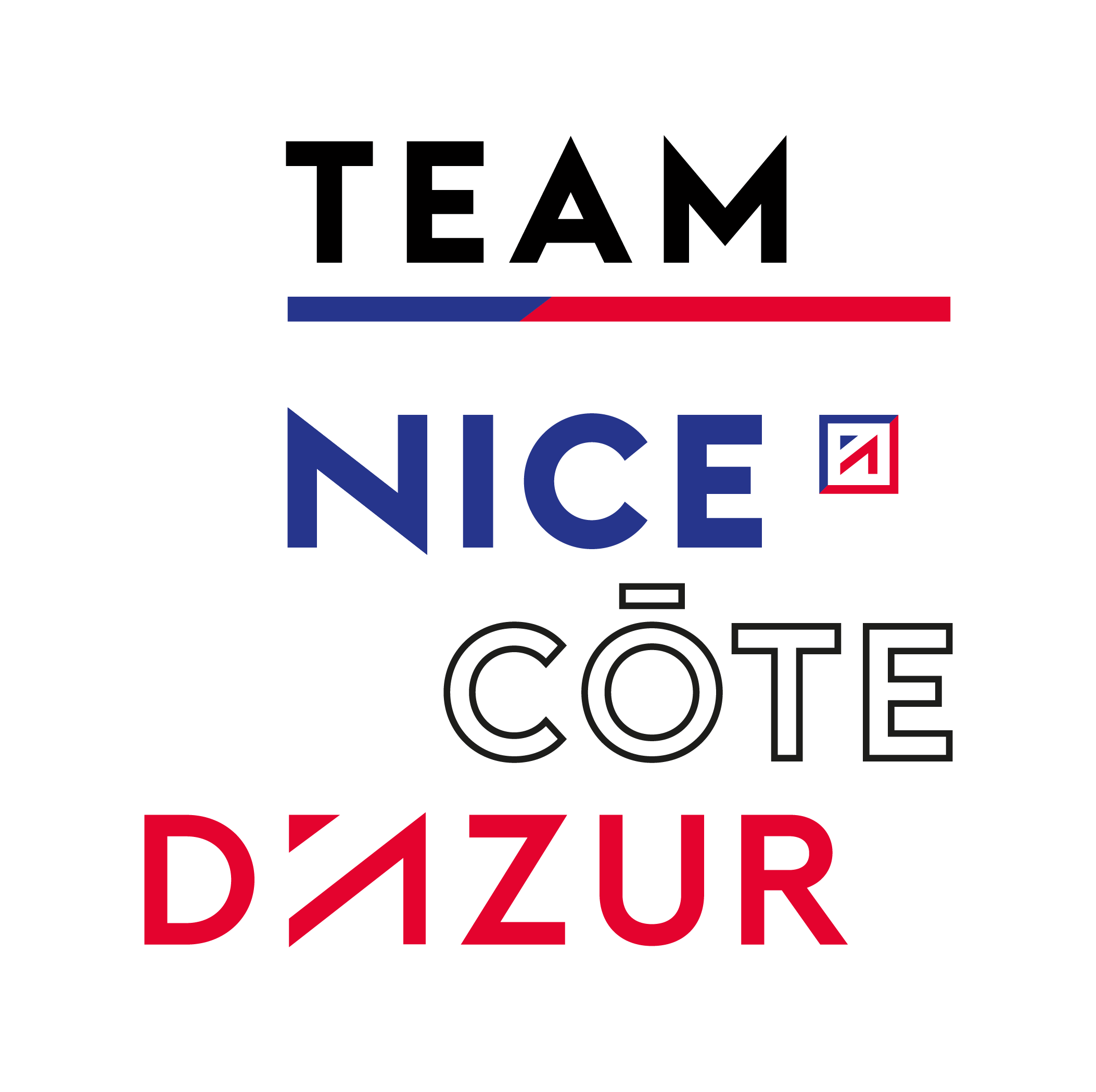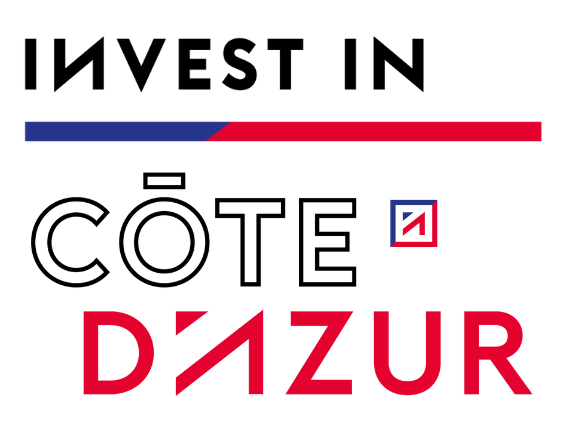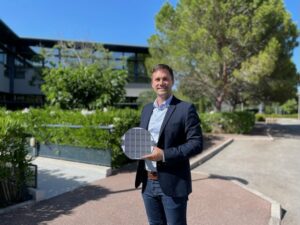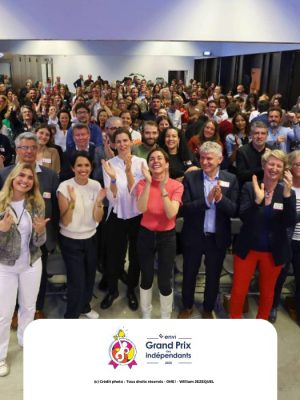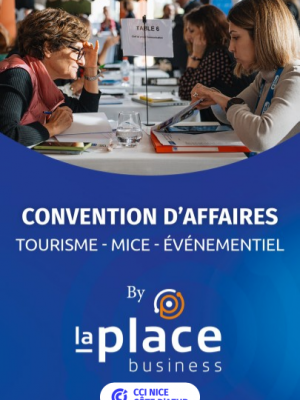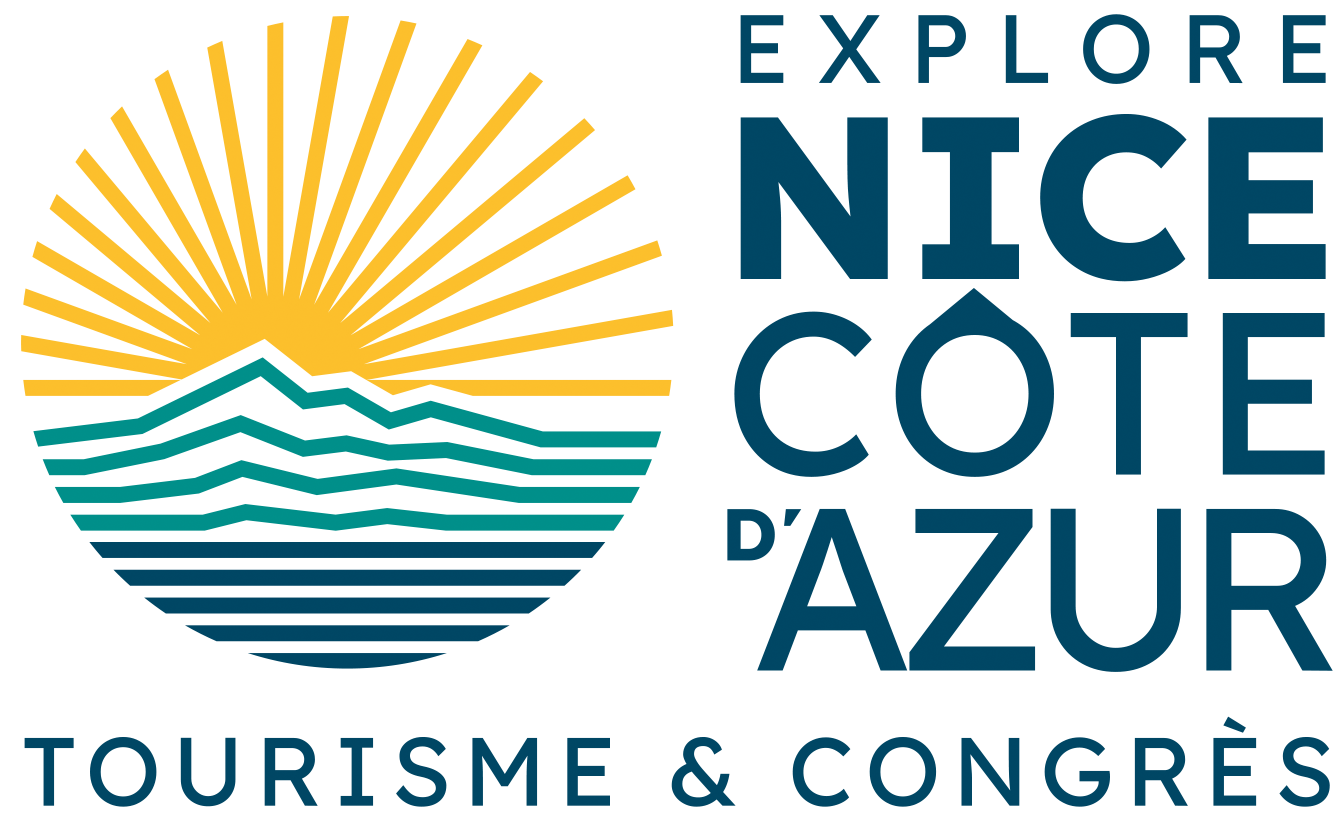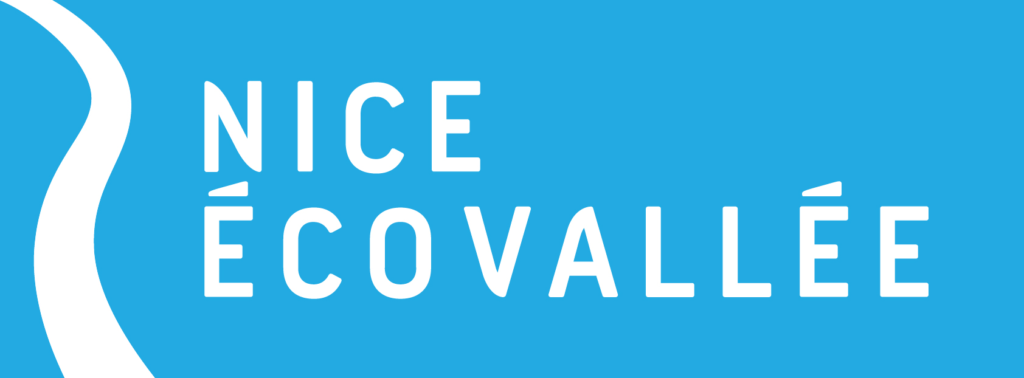FATRI is an Integrated Device Manufacturer (IDM) specialized in the design and manufacture of semiconductors and MEMS (Micro-Electro-Mechanical Systems) devices. This technology, combined with edge computing architectures and artificial intelligence, allows them to provide innovative solutions to a wide range of industries.
The group has more than 1,000 employees in China and, since 2019 a branch office in Paris to manage the international development of FATRI.
This year, FATRI France is setting up its European R&D center dedicated to MEMS sensors on the Côte d’Azur in Sophia Antipolis.
Interview with Andreja Erbes, Director of FATRI France’s European R&D Center.
Can you present the European R&D center of FATRI France and its specificities?
FATRI is active on the whole MEMS devices technological chain from the development of innovative materials (e.g. thin film piezoelectric, ferroelectric, III-V materials growth, etc.) to the design of sensors and their production through the development of integrated circuits (Analog/Mixed-Signal custom ASIC, RF) featuring state-of-the-art CMOS technologies, artificial intelligence algorithms and cloud-computing solutions.
Our sensors are used in consumer electronics (smartphones, wearables, connected objects, …) as well as in several industrial sectors such as energy, medical, building or transportation (automotive, aviation, railway and autonomous vehicles).
FATRI also contributes to the development of innovative solutions in the fields of IoT, industry 4.0 and smart cities.
The Sophia Antipolis R&D center is fully dedicated to the research and development of new generation MEMS devices. MEMS sensors and actuators are microsystems dedicated to the measurement of physical quantities such as in pressure, temperature, inertial (i.e. accelerometer, gyroscope), air quality sensors, but also key components for wireless communication systems (e.g. 4G, 5G, Wifi, etc.). These microsystems are also being used as actuators (e.g. DLP projects, fingerprint sensors in smartphones, micromirror actuation in LiDAR systems for autonomous vehicles, etc.).
With the creation of a research and development center in Sophia Antipolis, FATRI France aims to innovate by promoting the emergence of key technologies made in Europe…
We are working on new technologies that meet the future needs of consumer electronics (especially smartphones) and industry (IoT, predictive maintenance for wind turbines, autonomous and connected vehicles, etc.).
Why did you choose to establish on the French Riviera?
The Côte d’Azur and the Sophia Antipolis technology park were the natural choice when it came to developing our R&D activities in Europe.
Thanks to the partnership between the cities of Nice and Xiamen, our CEO, Yongzhong Nie, had already been able to judge the quality of the Côte d’Azur’s innovation ecosystem.
Indeed, the region has a strong history in the development of advanced microsystems and semiconductors with major players such as Texas Instruments, Thales Group for acoustic components, ST-Microectronics, Bosch, Qualcomm for RF MEMS, or GE Healthcare for the medical field (ultrasound imaging).
The Sophia Antipolis location allows us to join a dynamic, high-level ecosystem that brings together leading-edge and innovative technology companies, research institutes and higher education establishments in a single location.
Sophia Antipolis is a center of innovation and collaboration for emerging technologies in our field of activity.
The Côte d’Azur also offers a number of advantages that are now decisive for technology companies. First of all, its international connection thanks to Nice international airport, makes it easy to travel to our partners around the world.
Secondly, it offers a large pool of experts and has a strong capacity to attract and retain talent; this is an additional asset that will enable us to grow our team in the long term.
What did you receive from Team Côte d’Azur ?
Team Côte d’Azur has helped FATRI France to become better informed and integrated into the Côte d’Azur ecosystem.
It helps us connect with the various local actors, both companies and research laboratories in our sector of activity.
The Team Côte d’Azur teams play an important role in helping us save time and focus on our development.
The team has also helped us to communicate about our arrival.
We continue to work, with Jean-François Chapperon, on the development of our various projects.
What are your future development prospects?
First of all, we will set up a high-level team with expertise in MEMS sensors & actuators, in order to launch our research work in the field of micro/nano structure device physics, advanced materials, integration with new technological platforms (photonics, micro-fluidics, etc.), and the development of new technologies.
Our advanced research work will require the establishment of microsystems processing facilities to develop new technologies and provide key solutions and applications.
One of the major objectives for our Sophia Antipolis center will be to set up a MEMS state-of-the art micro-fabrication facility, in collaboration with industrial partners and research laboratories. This micro-production line should enable us to produce prototypes based on the latest technologies, optimize the semiconductor processes and to provide the most innovative solutions to our customers.
We also want to contribute to the development of training programs in the field of hardware (microelectronics) in collaboration with academic partners in the Côte d’Azur, as we believe that the major players of tomorrow must contribute to the development of today’s training programs.
In the near future, the R&D center should have around 8 people in charge of key European projects and cooperation with local research centers. We will also welcome PhD students who will be able to carry out CIFRE in our premises.
Open positions are regularly presented on Linkedin; we currently have an engineer position open for recruitment: “Principal Engineer – MEMS Inertial Sensors – Accelerometer / Gyroscope”.
In the long term, this R&D center aims to be a solid force in the development of MEMS in the heart of the Sophia Antipolis technology park,
Contact details:
Andreja Erbes- Director of R&D
FATRI France
+33 (0) 4 93 00 11 09
andreja.erbes@fatritech.com
www.fatritech.com
FATRI European R&D Center – 400 Avenue Roumanille, Village d’Entreprises Green Side, BP309 – 06906 Sophia-Antipolis, France
